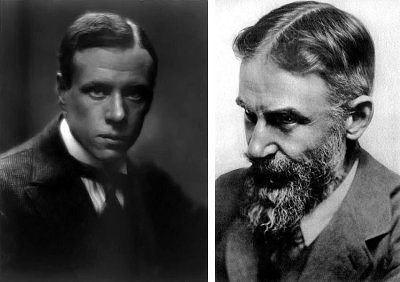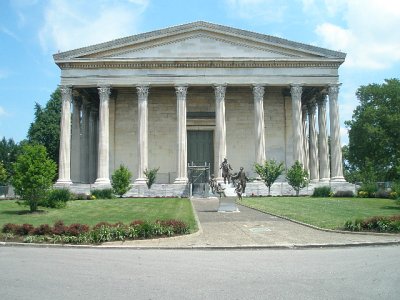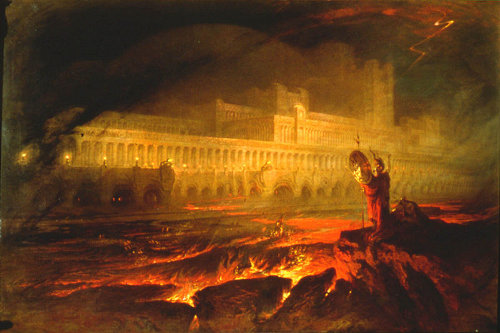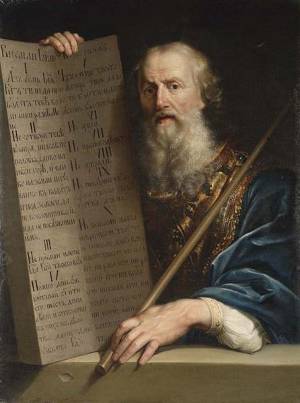A monk was standing at a convent gate,
With sanctimonious phiz, and shaven pate,
Promising, with solemn cant,
To all that listen’d to his rant,
A full and perfect absolution,
With half-a-dozen hallowed benedictions,
If they would give some contribution,
Some large donation supererogatory,
To ransom fifty murder’d christians,
And free their precious souls from purgatory:
When (he asserted) they would gain
A passport from the realms of pain,
And find a speedy passage to the skies.
A knight was riding by, and heard these lies;
He stopp’d his horse, “Salve,” the parson cried;
And “Benedicite” the youth replied.
“Most reverend father,” quoth the knight,
Who, it appears, was sharp and witty,
“These martyr’d christians’ wretched plight
Believe me, I sincerely pity:
Nay, more–their sufferings to relieve,
I will these fifty ducats give.”
This was no sooner said than done;
The priest pronounc’d his benison.
“Now, I presume,” the soldier said,
“The spirits of these christians dead
Have reach’d their final place of rest?”
“Most true,” replied the rev’rend friar,
“(Unless Saint Francis is a liar;)
And, to reward the pious action
Of this most christian benefaction,
You will, no doubt, eternally be blest.”
“Well, then,” exclaim’d the soldier-youth,
“If what you say indeed be truth,
And these same pieces that I’ve given,
Have snatch’d their souls from purgatory’s pains,
And bought them a snug place in heaven,
No further use for them remains.”
He said thus much to prove, at least,
He was as cunning as the priest:
Then put the ducats in his poke
And rode off, laughing at the joke.
— “C.J.D.,” in The Mirror of Literature, Amusement, and Instruction, 1824






